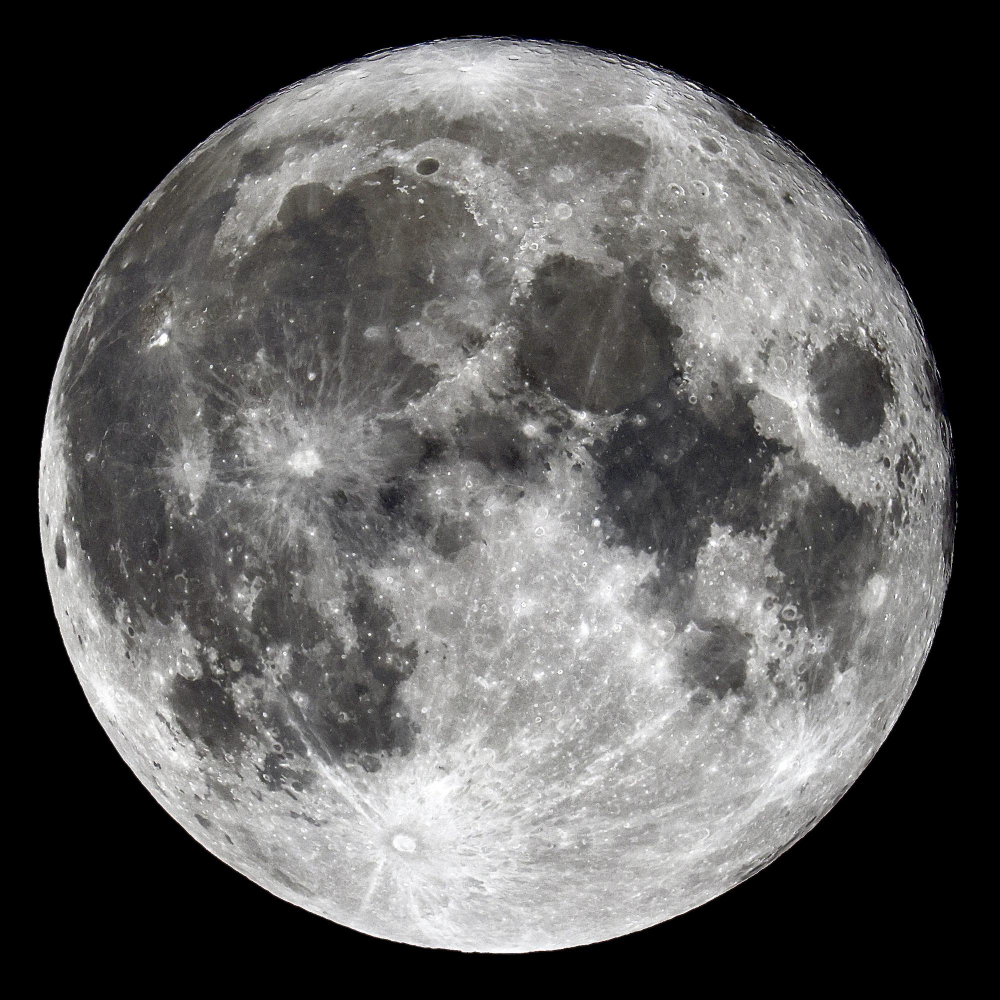Introduction:
The moon, our faithful companion in the night sky, has captivated humanity throughout history. With its silver presence and mysterious influence on tides and cultures, the moon has played a unique role in shaping the narrative of human existence. In this article, we will delve into the fascination the moon exerts, shedding light on some intriguing aspects of its impact on our lives and culture.
The Scientific Significance of the Moon:
The moon is not merely a celestial object of beauty but also a key player in our solar system. Its gravitational force affects tides on Earth and plays a crucial role in stabilizing the Earth's axis, influencing climate and the evolution of life on our planet. Moon exploration has made significant strides in recent decades, thanks to space missions like the Apollo missions and current lunar missions.
Cultural Fascination:
From poems to songs and artworks, the moon has inspired artists and writers worldwide. Its changing shape throughout a lunar cycle has sparked countless stories of love, loss, and rebirth. In Chinese culture, the moon is even a central element of the Moon Festival, celebrating the harvest season. This cultural fascination spans centuries and remains vivid today.
The Moon in Literature:
The literary world is rich with works that use the moon as a central symbol. From Shakespeare's "Romeo and Juliet," where the moon witnesses the romantic encounters of the lovers, to modern science fiction novels where the moon serves as the backdrop for futuristic adventures—the moon has inspired countless authors to craft compelling narratives.
Technological Advancements and Gazing into the Future: In recent times, technology has allowed us to explore the moon up close. Space agencies and governments are investing in lunar missions to learn more about the moon's surface, its resources, and its potential benefits for humanity. Google, under the leadership of its CEO, has also shown interest in space technologies, sparking speculative discussions about possible future moon projects.
Conclusion:
The fascination with the moon is deeply rooted in human history and spans scientific, cultural, and literary domains. Ongoing lunar exploration not only provides insights into the formation of the solar system but also ignites the imagination for future space adventures. As a constant presence in the night sky, the moon will undoubtedly continue to be a source of fascination for generations who cast their gaze toward the heavens.


